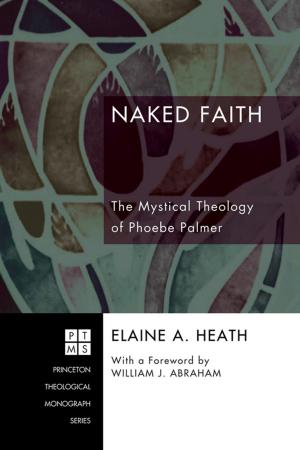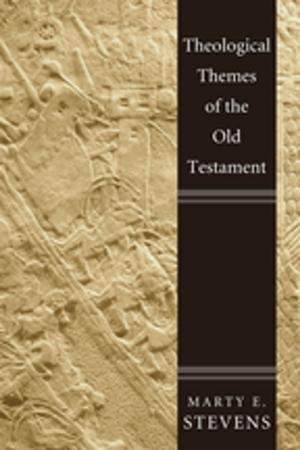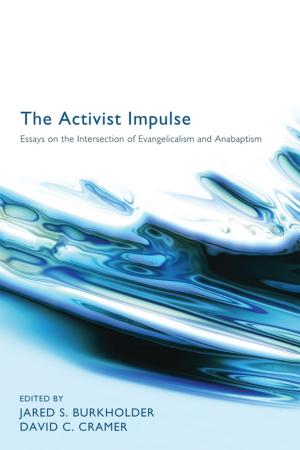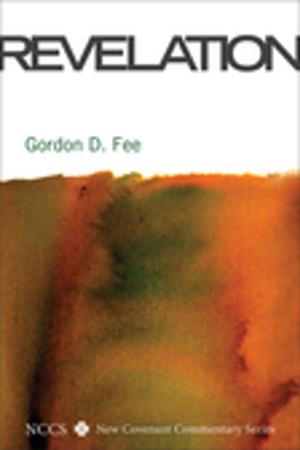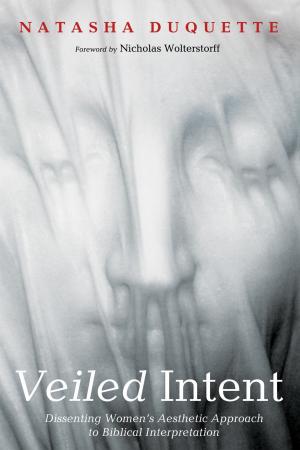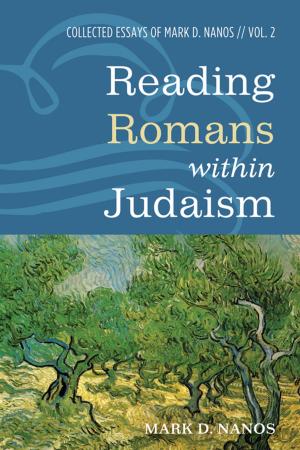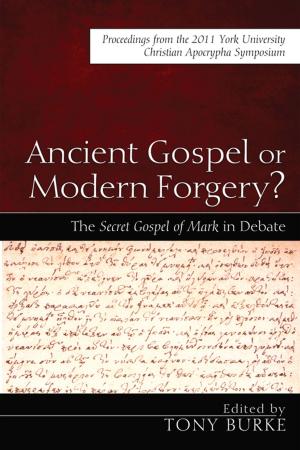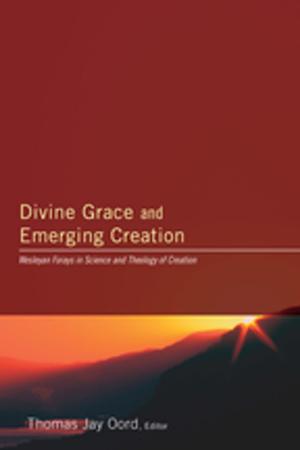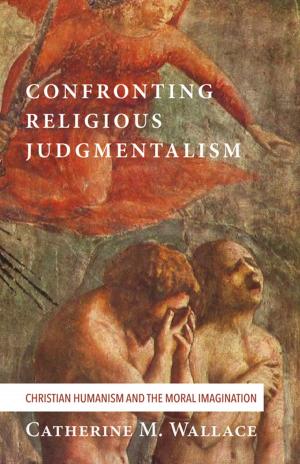Evil and Pain
A Critique of the Materialistic Account of Evil
Nonfiction, Religion & Spirituality, Philosophy, Religious, Theology| Author: | Joseph B. Onyango Okello | ISBN: | 9781532601330 |
| Publisher: | Wipf and Stock Publishers | Publication: | June 15, 2017 |
| Imprint: | Wipf and Stock | Language: | English |
| Author: | Joseph B. Onyango Okello |
| ISBN: | 9781532601330 |
| Publisher: | Wipf and Stock Publishers |
| Publication: | June 15, 2017 |
| Imprint: | Wipf and Stock |
| Language: | English |
A specific form of understanding of evil, in the problem of evil debate, gets assumed among a variety of materialistic naturalists. Owing to their physicalist and, in some cases, behaviorist philosophies, this understanding assumes a hedonistic view of pain that reduces valuation to pleasure and pain. Herein, all forms of good and evil get reduced to pleasure and pain. This work reorients the debate toward a more biblical understanding of evil based on an essentialist reading of ethics. The book argues that the hedonistic understanding of value characterizing prominent naturalistic materialists, such as those alluded to by J. L. Mackie, semantically seems to entail either a synonymous or a near synonymous relationship between evil and pain. The book further argues that this understanding, given the essentialist reading of ethics, seems wrongheaded. By reorienting the contours of the debate, it suggests that the problem of pain might, in effect, be quite different from the problem of evil and that neither problem necessarily entails the other. Seen in this way, neither problem casts doubt on belief in God's existence.
A specific form of understanding of evil, in the problem of evil debate, gets assumed among a variety of materialistic naturalists. Owing to their physicalist and, in some cases, behaviorist philosophies, this understanding assumes a hedonistic view of pain that reduces valuation to pleasure and pain. Herein, all forms of good and evil get reduced to pleasure and pain. This work reorients the debate toward a more biblical understanding of evil based on an essentialist reading of ethics. The book argues that the hedonistic understanding of value characterizing prominent naturalistic materialists, such as those alluded to by J. L. Mackie, semantically seems to entail either a synonymous or a near synonymous relationship between evil and pain. The book further argues that this understanding, given the essentialist reading of ethics, seems wrongheaded. By reorienting the contours of the debate, it suggests that the problem of pain might, in effect, be quite different from the problem of evil and that neither problem necessarily entails the other. Seen in this way, neither problem casts doubt on belief in God's existence.



